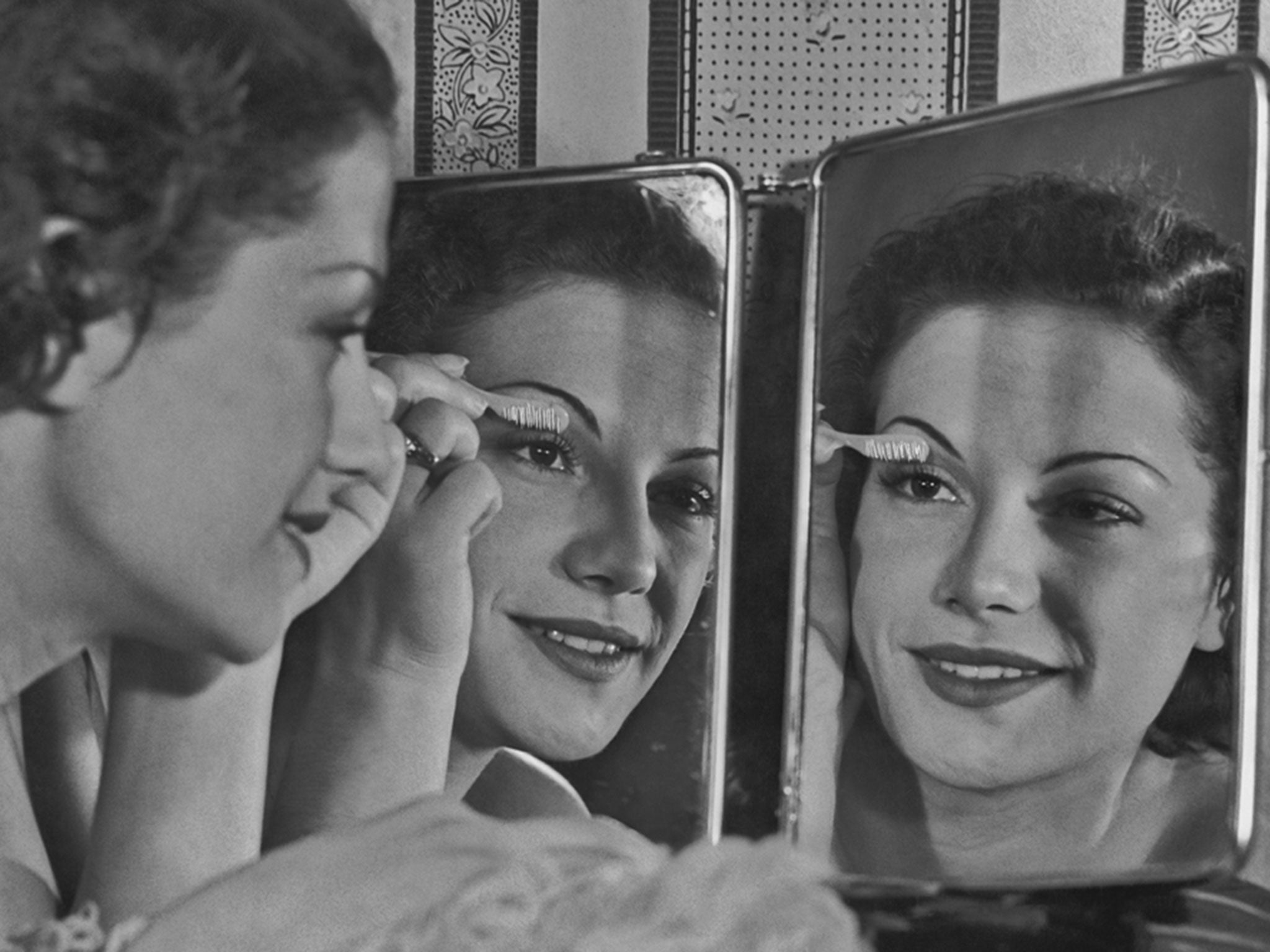Makeup discount stores booming as Boots and Superdrug left behind
Sales of the products jumped 7% at discounters, compared with just 1% growth at traditional high street chemists including Boots and Superdrug

Sales of make-up, painkillers and shower gels at Poundland, Home Bargains and B&M Bargains are growing faster than at tradition high street stores.
Sales of the products jumped 7% at discounters, compared with just 1% growth at traditional high street chemists including Boots and Superdrug and a 1% fall at supermarkets, according to Kantar Worldpanel.
Retail experts point out that the rise and rise of discounters has created a greater deal of trust by the public with more than £8 in every £100 spent on toiletries in discounters.
Chains like Poundland have also started selling well-known brands at single price points, which customers prefer to supermarket offers on the same brands, which are usually multi-buys or see unpredictable price rises and falls.
Tim Nancholas, strategic insight director at Kantar Worldpanel, explained: “Health and toiletries is the ideal category for bargain stores to exploit, whether those with fixed price points like Poundland or 99p Stores, or those with more flexibility such as Home Bargains.
“Most items fit comfortably within the price range they offer and don’t take up much valuable shelf space.
“Bargain stores have been clever about what they sell, opting for everyday products which are bought regularly by most consumers such as painkillers and toothpaste.”
The research also found that around 1.1% of total toiletries and healthcare sales are made in 99p Stores and Poundland, with nearly a quarter of the population – 12 million – heading to the two chains for the products in the last year.
Join our commenting forum
Join thought-provoking conversations, follow other Independent readers and see their replies
Comments
Bookmark popover
Removed from bookmarks